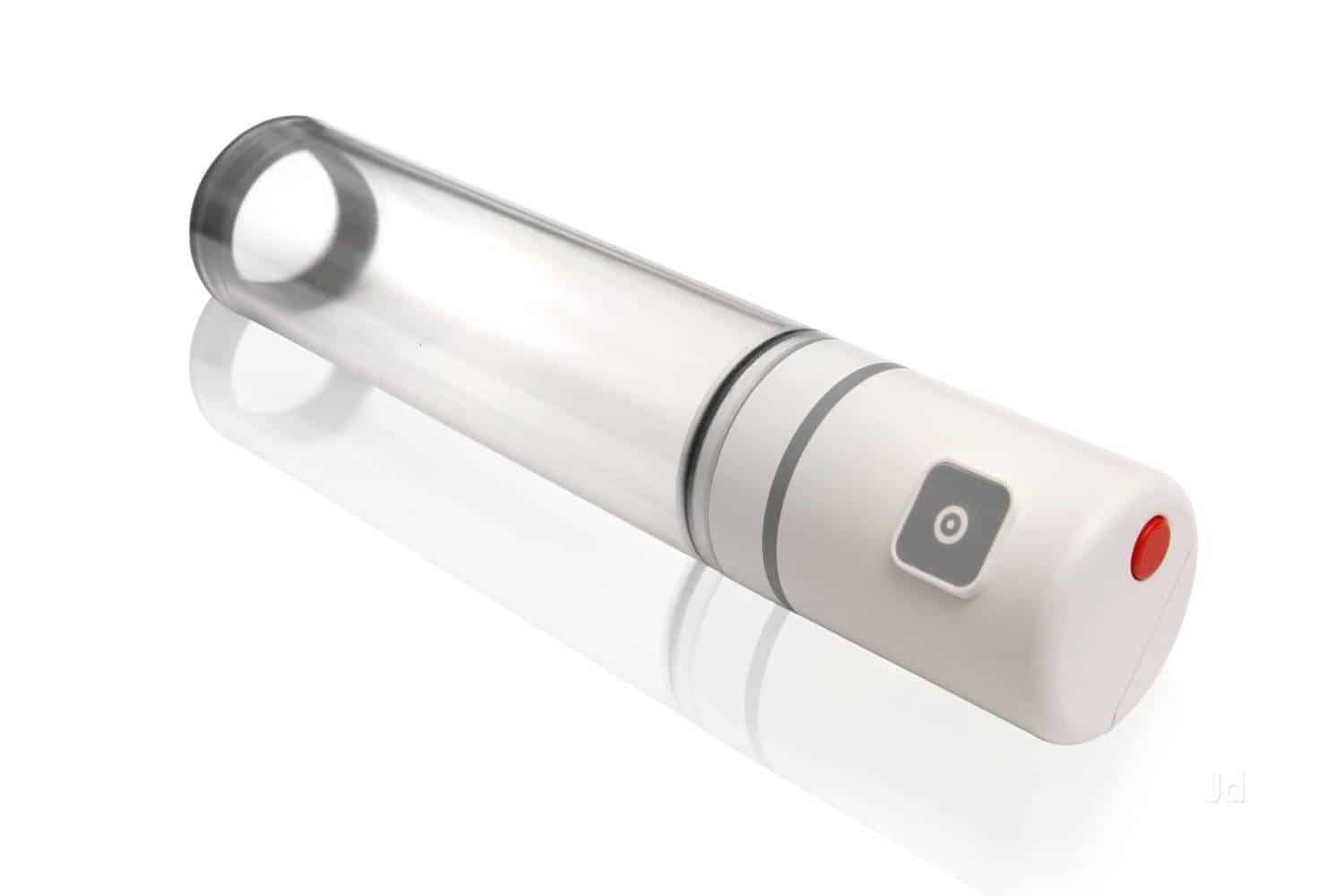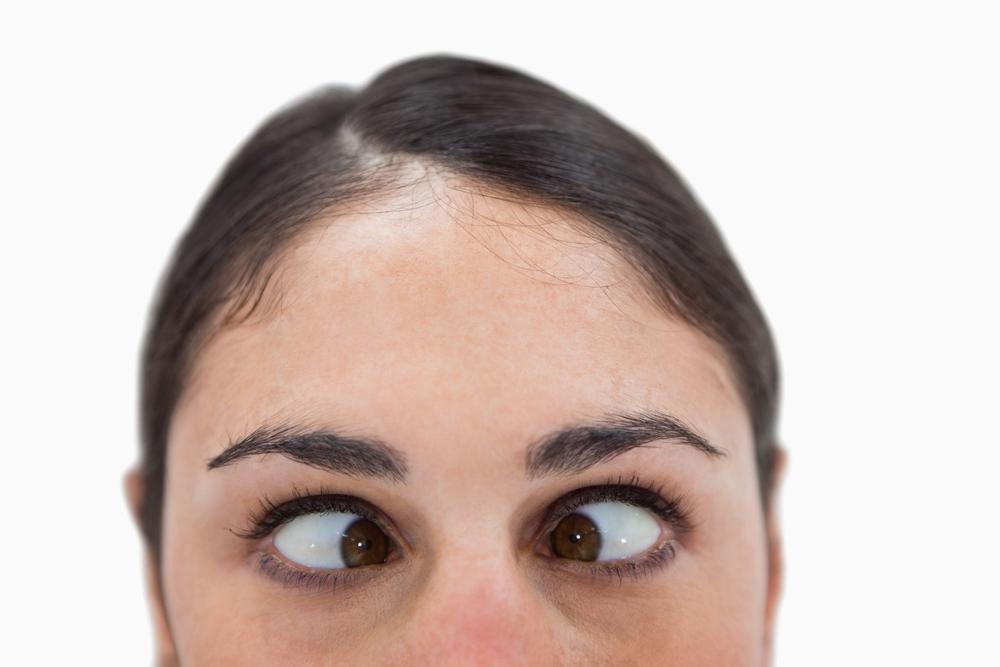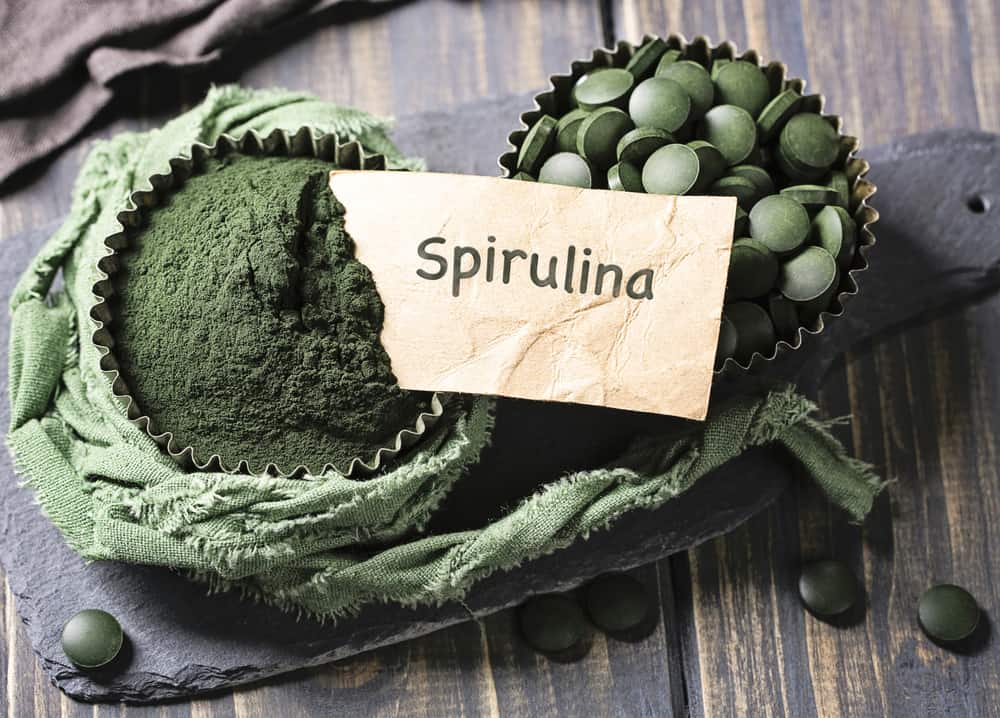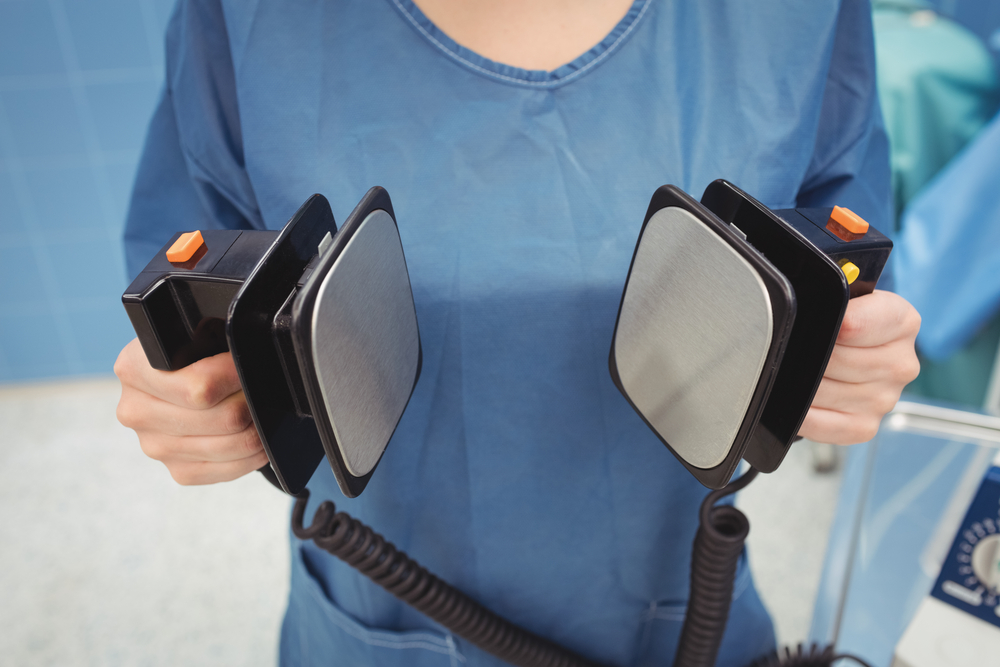Contents:
- Medical Video: The Latest Apple Cider Vinegar Trend
- Remove acne scars at the dermatologist, how do you do it?
- 1. Topical fading cream
- 2. Laser resurfacing and light therapy
- 3. Cosmetic fillers
- 4. Chemical peels
- 5. Dermabrasion
Medical Video: The Latest Apple Cider Vinegar Trend
Acne is not a serious skin problem, but can leave scars on the skin that can damage your appearance. When various home ways to get rid of acne scars are no longer effective, you can make an appointment at the dermatologist to get medical treatment.
Remove acne scars at the dermatologist, how do you do it?
While acne usually lasts from a few days to a week, acne scars can last a lifetime.But don't worry. The current treatment of acne scars can help improve the shape and color.
Treatment of acne scars can be determined based on several individual features:
- age
- health condition
- medical history
- types of acne scars
- your opinion
There are several treatments at the dermatologist that are used to treat acne scars.
1. Topical fading cream
If your acne scars are red, topical cortisone creams can be prescribed by your doctor to reduce redness and soothe skin irritation. Face creams with retinoid or silicone can help improve the appearance or acne scars.
2. Laser resurfacing and light therapy
Laser resurfacing and light therapy is used to minimize the appearance of acne scars. This can fade abnormal stains on the skin, making it look younger, smoother and healthier in color. Laser skin resurfacing also lifts the top layer of the skin. The doctor will need about 30 minutes to do this procedure. The entire session will take 2 hours. New skin is produced in 10 to 20 days. And after 2 to 3 months, acne scars can mostly fade.
Tell your dermatologist about the medicines you are using. Before the procedure, you should not use ibuprofen, aspirin or vitamin E. These drugs can affect blood clotting.
Protect your skin with a sunscreen with SPF 30 or more, and also clothes.
3. Cosmetic fillers
Fillers this is injected under the skin to give collagen to the problem area. However, this treatment is temporary. The effect can disappear in 1 year.
4. Chemical peels
Chemical peelused to treat sun damage, acne scars. In this procedure, the dermatologist will apply chemicals to your skin, after which, when he removes the chemical, he also removes the top layer of skin. When new skin forms, the scar can diminish and become faint.
5. Dermabrasion
Dermabrasion is used to treat abnormal forms and discoloration of the skin. A wire brush or diamond wheel is used to lift the top layer of skin. New skin will form where it is treated after 5 to 7 days. After 6 to 12 days, acne scars can be reduced.
You must treat your skin carefully after this procedure.
- Keep skin clean by washing it every day with clean water and special cleansers to avoid infection. Infection can leave acne scars on the skin.
- Replace the bandage that covers the wound. This helps keep the wound clean and hydrated. Moist skin heals faster than dry skin.
- Use sunscreen to protect the skin from UV rays from the sun.
Even though the acne scars cannot disappear completely, you can do treatment to improve the appearance and blend it with the surrounding skin with a cover-up, make-up foundation, or foundation.












